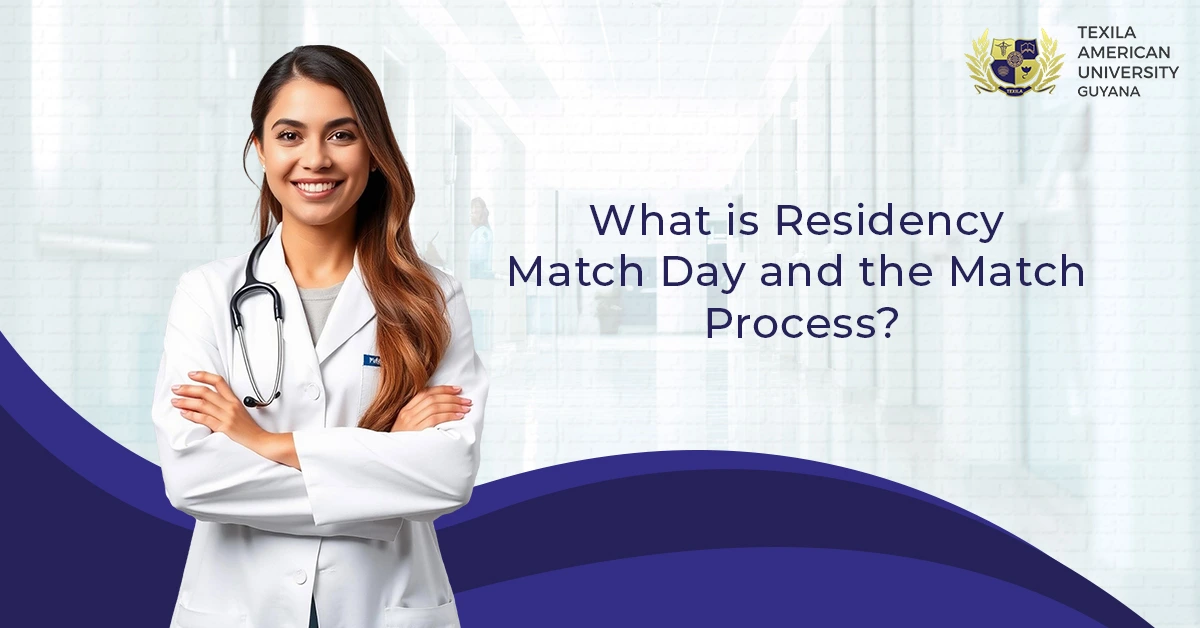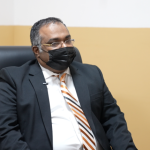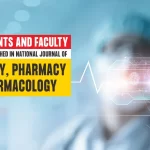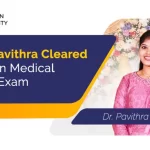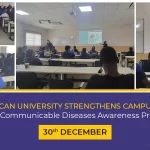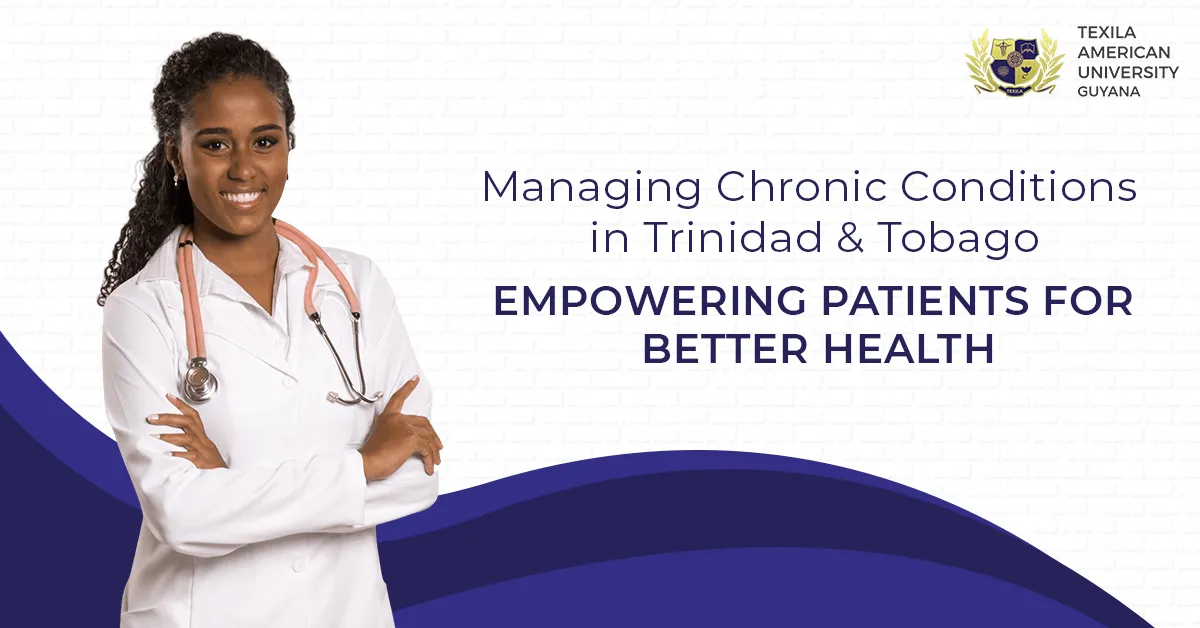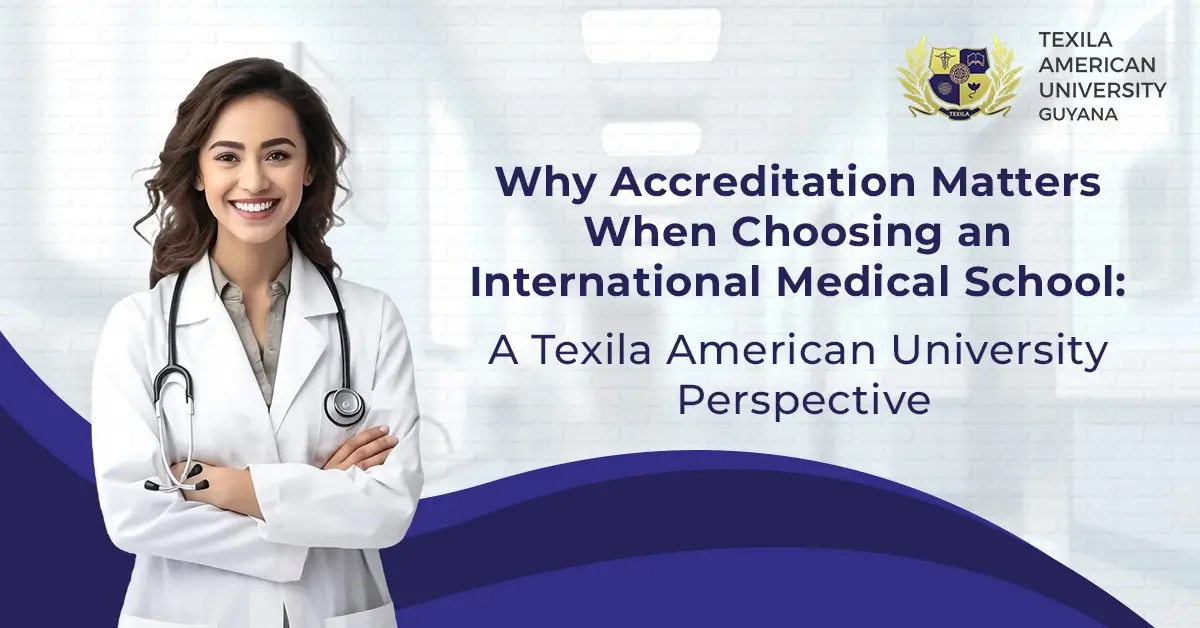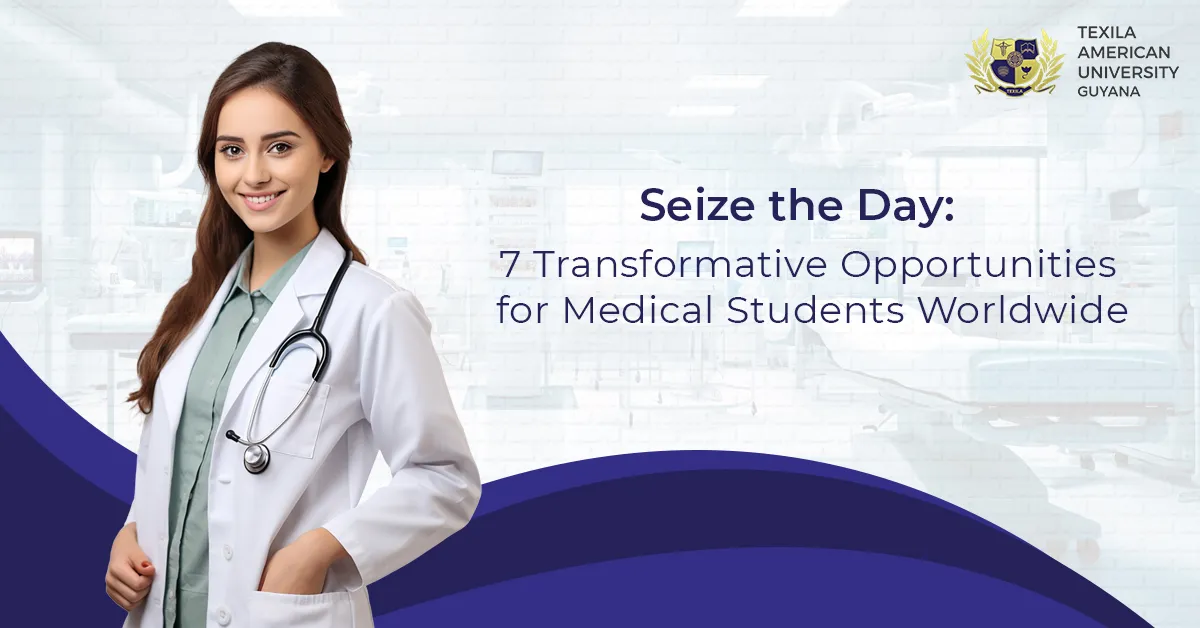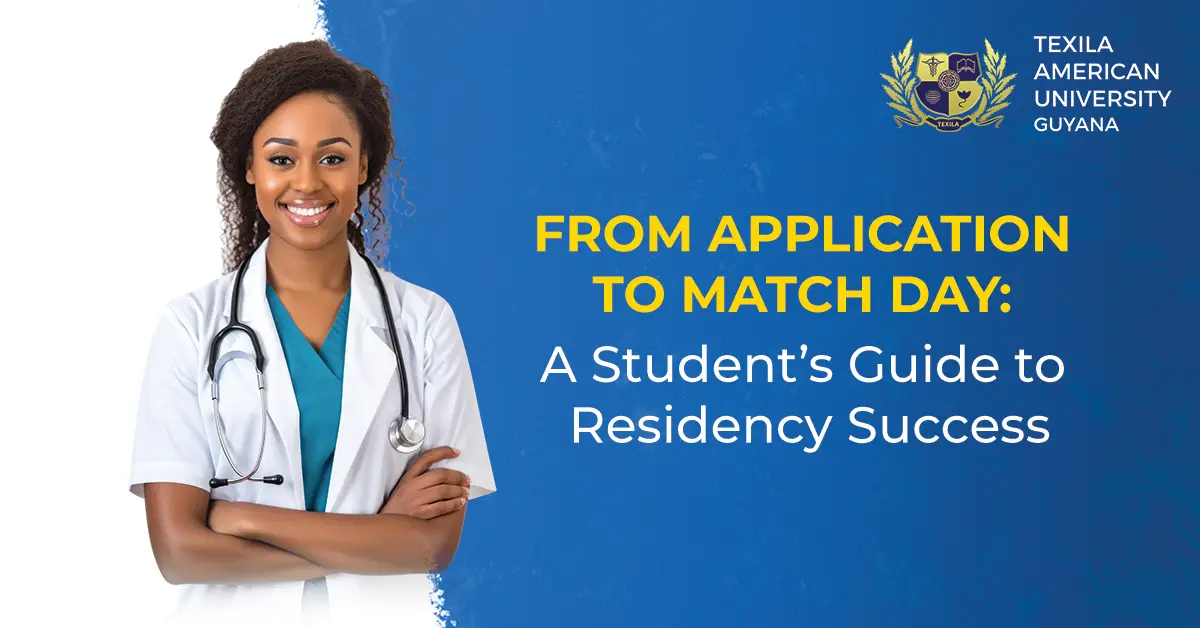Blog Summary
Residency Match Day is a significant event for medical students, particularly those studying internationally. It marks the day when students find out where they will complete their residency training, the next step after earning their MD degree. The National Resident Matching Program (NRMP) coordinates the match process, which pairs students with residency programs based on their preferences and qualifications. This process is critical for international students, especially those from top Caribbean medical schools, as it allows them to train in the US healthcare system. For students attending international programs, like Texila American University (TAU), gaining clinical experience in the US, performing well in the USMLE exams, and securing strong letters of recommendation are crucial to succeeding in the match. With over 80% of TAU graduates securing residency positions, the school provides a comprehensive MD program to help students succeed in their medical careers.
Embarking on the journey to become a physician is exciting and challenging, especially for international medical students. One crucial milestone on this journey is Residency Match Day. If you’re considering getting a Doctor of Medicine (MD) program through a top Caribbean medical school or any international institution, understanding Match Day and the match process can help you visualize the pathway from student to resident physician. This blog explains what Match Day is, how the match process works, and why it’s essential for students studying medicine abroad.
What is Match Day?
Match Day is an event every March when graduating medical students find out where they will complete their residency training. A residency is a multi-year program that provides hands-on training in a medical speciality, and it’s the next step after graduating from medical school for aspiring doctors.
For students in a Doctor of Medicine (MD) program, Match Day is a significant occasion that marks the transition from medical student to resident physician. It’s a day of anticipation and emotion as students open envelopes containing their residency placement assignments. It’s the culmination of a long and complex process known as the Match Process.
The Residency Match Process: An Overview
The matching process is designed to pair graduating medical students with available residency programs across the United States. The process is mainly coordinated through the National Resident Matching Program (NRMP). It relies on an algorithm that matches students’ preferences for specific programs with the preferences of residency programs for particular candidates. Here’s how it works:
- Application Submission: Medical students, including those who have completed clinical rotations in the US through international schools, apply to residency programs through the Electronic Residency Application Service (ERAS). Applicants submit resumes, letters of recommendation, and scores from MD program coursework and exams.
- Interview Season: Residency programs invite candidates for interviews between September and February. This phase allows candidates to showcase their experiences, including their clinical rotations, and demonstrate their suitability for a specific residency program.
- Ranking Programs: After the interviews, the residency programs and the candidates submit their rank lists. Students rank the programs they’re interested in, while the programs rank the candidates they find most suitable.
- The Match Algorithm: The NRMP uses a sophisticated algorithm to match students to residency programs, striving to maximize satisfaction on both sides. The algorithm considers the preferences of both students and residency directors.
- Match Week and Match Day: During Match Week, students determine if they are matched to a residency program. Those who did not match can participate in the Supplemental Offer and Acceptance Program (SOAP) to secure a residency position. Finally, on Match Day, students receive an envelope (or an email) revealing where they’ll be completing their residency training.

The Importance of Match Day for Caribbean Medical Students
For students from top Caribbean medical schools or those studying medicine abroad, Match Day is the moment of validation for years of hard work, including clinical rotations in the US. Caribbean medical schools offer many aspiring doctors an alternative path to achieve their dreams, offering comprehensive MD programs with clinical rotations at accredited hospitals in the United States. This unique approach allows students to gain the necessary experience and make valuable connections that can help them during the match process.
Caribbean medical schools have become famous for students interested in studying medicine abroad due to their Pre-Med Degree options, Doctor of Medicine programs, and the opportunity to complete clinical rotations in the US. The Caribbean is an attractive option for students looking for the best countries to study medicine because it often provides a more accessible path to an international medical career.
How to Improve Your Chances of Matching?
Caribbean or international medical school students must stand out to increase their chances of matching success. Here are some tips:
- Clinical Experience: Completing clinical rotations in the US provides valuable experience and helps students familiarize themselves with the US healthcare system, which residency programs highly value.
- Good Performance in USMLE Exams: Achieving high scores in the USMLE Step exams is critical. These scores are a significant factor that residency programs consider when evaluating candidates.
- Letters of Recommendation: Building relationships with mentors and supervisors during clinical rotations is crucial. Strong letters of recommendation from US-based attending physicians can significantly impact the application process.
- Early Preparation: Understanding the application timeline and gathering documents early can prevent last-minute stress. This includes having USMLE scores, a well-prepared CV, and a compelling personal statement.
- Networking: Building a network during medical school, particularly with physicians and peers in the US, can provide support and possibly lead to better placement opportunities.
Why Residency Match Day Matters
Residency Match Day is a defining moment in a doctor’s career. For students getting a Doctor of Medicine (MD) program from a top Caribbean medical school, it’s the culmination of a journey that often begins with Pre-Med courses and includes years of rigorous training, clinical rotations, and examinations. It signifies not only the end of medical school but also the beginning of their professional careers in the medical field.
The match process is designed to align students’ preferences with residency programs. For international students, including those studying medicine abroad, it is an opportunity to prove that they are just as qualified as their US-trained counterparts.
Conclusion
The residency match process and Match Day are pivotal for medical students aspiring to practice in the US, whether from a US medical school or a top Caribbean medical school. With careful preparation, strong academic performance, and meaningful clinical rotations in the US, international and Caribbean medical school students have every chance to secure a place in a US residency program. For anyone looking to pursue an MD program or considering the best countries to study medicine, understanding this pathway is crucial to becoming a practising physician.
Texila American University and Student Success
Texila American University (TAU) is a standout option for aspiring physicians considering medical school abroad. TAU has a proven track record of helping students succeed in their medical careers, offering a high-quality Doctor of Medicine (MD) program with opportunities for clinical rotations in the US. With a strong focus on preparing students for residency, TAU provides comprehensive support throughout the match process.
Texila’s dedication to student success is reflected in its impressive match rate—over 80% of its graduates successfully secure residency positions in the US. This achievement highlights TAU’s commitment to delivering a high-quality medical education that meets and exceeds international medical students’ expectations. With a best learning environment, experienced faculty, and hands-on clinical training, Texila American University helps students build the skills and experience they need to thrive in the highly competitive residency match.
For those interested in pursuing an MD and looking for a successful path to residency, Texila American University is a top choice that consistently produces well-prepared medical professionals ready to make a difference in healthcare.

